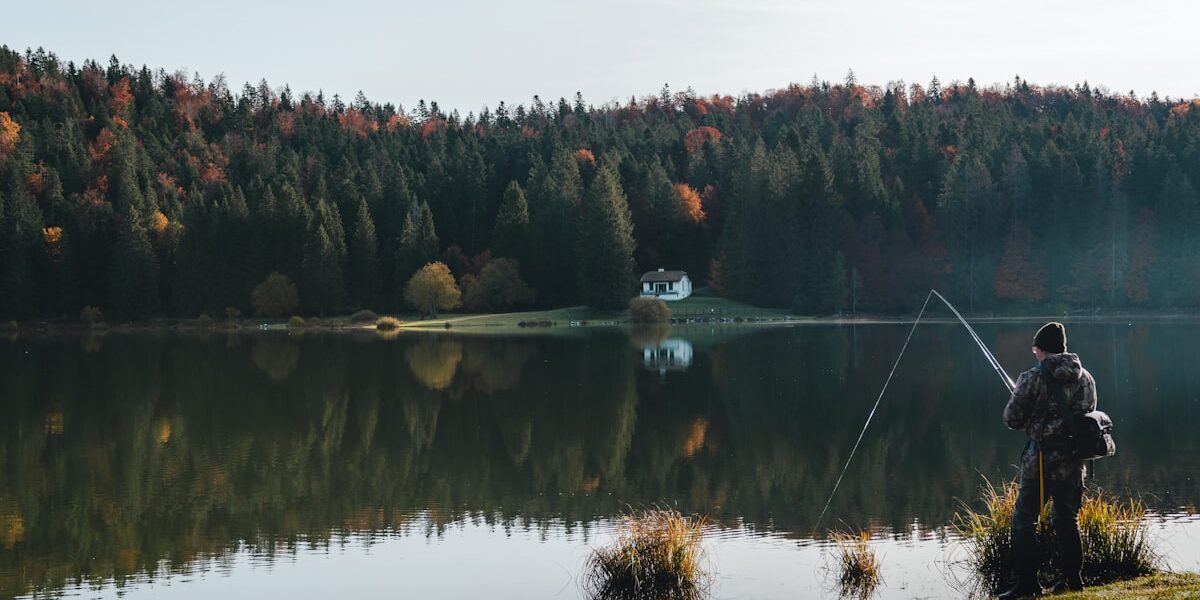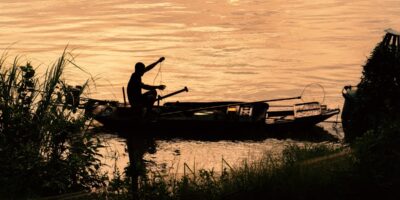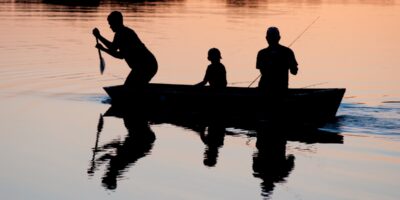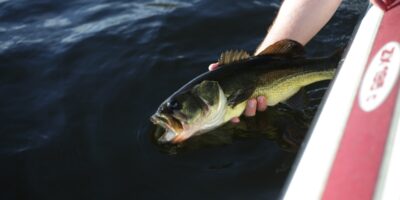Fishing Lakes Near Me
Finding Fishing Lakes Near You
The quest for a perfect fishing spot can be an adventure in itself. Whether you’re a seasoned angler or a curious novice, discovering local fishing lakes offers a unique opportunity to connect with nature while enjoying a popular pastime. Here’s an insightful guide to help you find the best fishing lakes around you.
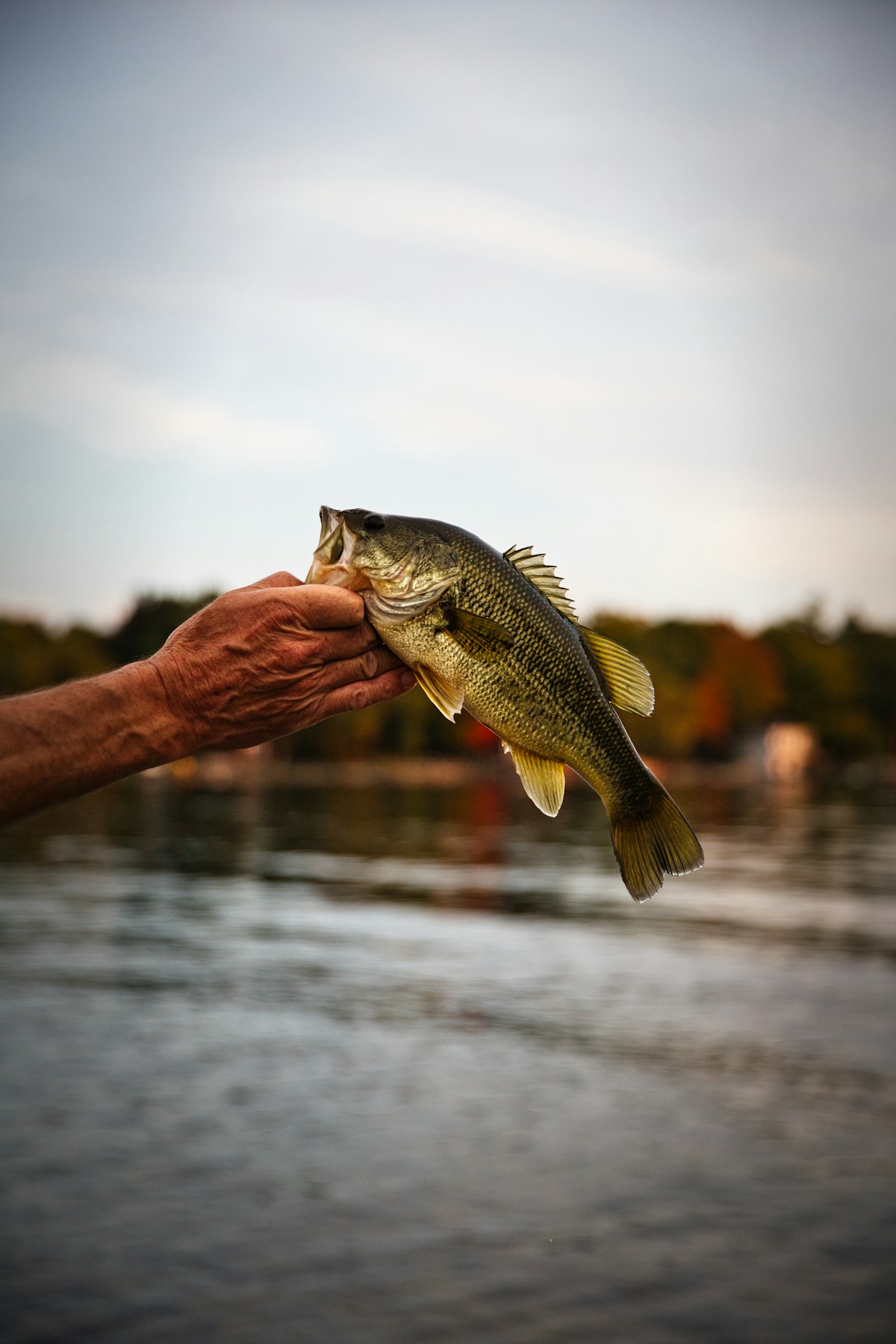
Researching Local Lakes
Begin your search with online tools and apps. Websites such as Fishbrain and Angler offer user-generated data on fishing spots. These platforms provide maps, weather patterns, and fishing reports. Another reliable source is local government websites, which often list public lakes and reservoirs with fishing facilities. Physical maps are also valuable, especially in rural or remote areas.
Social media forums can connect you with local anglers who share their favorite spots. Joining these communities allows you to gain insider knowledge and tips. Remember to check for any local fishing regulations or required permits before heading out. Understanding local rules ensures a smooth and legal fishing experience.
Types of Fish in Local Lakes
Variety is what makes lake fishing exciting. Depending on your region, you might encounter species such as largemouth bass, trout, catfish, or pike. Each species has distinct behaviors and requires different techniques. Researching which fish inhabit your nearby lakes will tailor your approach and tackle. Pay attention to seasonal patterns since some species are more active at specific times of the year. Adjust your fishing trips to coincide with these peak times for better results.
Essential Fishing Gear
Investing in the right equipment enhances your fishing experience. For beginners, start with a basic rod and reel combo. These are versatile and easy to use under various conditions. As you gain experience, you may consider expanding your gear to include specialized rods for specific fish types. Lures and baits are crucial; research local preferences to maximize success. Additional gear such as tackle boxes, nets, and pliers help manage your catch efficiently.
Safety gear shouldn’t be overlooked. Life jackets, first aid kits, and sun protection are essential. Always check weather forecasts and plan for contingencies. A well-prepared angler is a safe angler.
Conservation and Respect for Nature
Respect for the environment is crucial when fishing. Practicing catch and release helps maintain fish populations and ecological balance. Ensure that fish are handled gently and released promptly to improve their survival chances. Avoid leaving trash or fishing lines behind. Many communities have volunteer programs to support lake conservation efforts. Participating in local clean-up events not only benefits the environment but also fosters a sense of community among local anglers.
Best Times for Fishing
Early mornings and late afternoons are generally the best times to fish. The cooler temperatures and lower light levels create ideal conditions for fish activity. During summer, fish may seek deeper and cooler parts of the lake. In colder months, focus on sunny spots where water warms up slightly. Tides and moon phases can subtly influence fish behavior, adding another layer of complexity to the timing. Observing these natural cues helps optimize your fishing sessions.
Top Fishing Lakes by Region
- Southern Lakes: Renowned for bass and crappie. Popular lakes include Lake Okeechobee in Florida and Lake Fork in Texas. Each provides ample facilities and accessible shorelines.
- Northern Lakes: Ideal for trout and salmon. Lakes like Lake Michigan and Lake Champlain offer a serene atmosphere with stunning landscapes.
- Western Lakes: Known for diverse fish species, including trout and bass. Famous lakes like Lake Tahoe and Crater Lake combine natural beauty with excellent fishing opportunities.
- Eastern Lakes: Largemouth bass and catfish are the highlights. Lake Champlain and Chesapeake Bay are preferred spots for enthusiasts.
Each region has its unique attributes. Researching specific lakes within these areas uncovers hidden gems worth exploring.
Benefits of Fishing Locally
Local fishing trips have practical benefits. Short travel reduces time and expenses. Frequent visits allow you to become familiar with local fish patterns, increasing your odds of a successful catch. Meeting fellow anglers provides opportunities for learning and sharing experiences. Additionally, supporting local business by purchasing bait and tackle locally promotes community growth. It creates a positive economic cycle that benefits everyone involved.
Fishing Ethics and Etiquette
Adhering to fishing etiquette builds a positive community. Communicate with other anglers to avoid overcrowding. Respect private property, and always ask for permission if you wish to fish on private land. Noise control is important; disturbances can affect fish behavior and other anglers’ experiences. Follow the principle of leaving no trace by keeping the environment as you found it, or better. Reporting any illegal activities ensures that fishing remains a sustainable and enjoyable activity for future generations.
Engaging with Traveling Anglers
Local fishing communities sometimes host events or competitions, attracting anglers from different regions. These gatherings are perfect opportunities for networking and discovering new methods. Engaging with experienced anglers enhances your skills and introduces fresh perspectives. Observing various styles and techniques diversifies your fishing knowledge, increasing your versatility as an angler.
Utilizing Technology for Better Fishing
Tech-savvy anglers have access to tools that improve their fishing trips. GPS devices provide accurate mapping and navigation. Fish finders use sonar technology to identify fish locations underwater. Mobile apps offer real-time weather updates, fishing logs, and community forums. Utilizing these tools efficiently complements traditional skills, adding a modern edge to your fishing strategy.
The Thrill of Fishing Competitions
- Test Your Skills: Competitions push your limits and refine your techniques against skilled anglers.
- Meet Fellow Enthusiasts: Share tips and stories with like-minded individuals.
- Win Prizes: Enjoy the excitement of potentially earning a reward for your skills.
Participating in competitions highlights your dedication and expands your angling horizons. It’s an engaging way to challenge yourself and celebrate the sport.
The Social Aspect of Fishing
Fishing is as much about socializing as it is about the catch. It’s an opportunity to spend quality time with family and friends. Sharing experiences on the water builds lasting bonds and memories. Planning group trips brings a collaborative spirit and promotes teamwork. Fishing provides moments of tranquility and conversation, a welcome break from day-to-day noise.
Local Fishing Myths and Legends
Every fishing community has its tales. Stories of the one that got away or legendary catches often circulate among local anglers. These narratives add charm and mystery to fishing spots. Understanding these local myths enriches the cultural experience of fishing. Listening to stories fosters camaraderie and humor, essential elements of the angling tradition.
Preparing for a Fishing Trip
- Check Equipment: Ensure all gear is functioning properly and packed.
- Plan Your Route: Identify the best routes to your chosen lake to avoid delays.
- Pack Supplies: Bring adequate food, drinks, and safety gear.
- Review Regulations: Double-check local fishing policies and licensing requirements.
- Prepare for Weather: Dress accordingly and keep an eye on forecasts.
Effective preparation maximizes enjoyment and reduces stress during your fishing expeditions. Consider keeping a checklist to streamline your preparations, ensuring nothing is overlooked.
Organize your fishing gear with a quality tackle storage system.
The durable Ugly Stik fishing rod is trusted by anglers worldwide.
